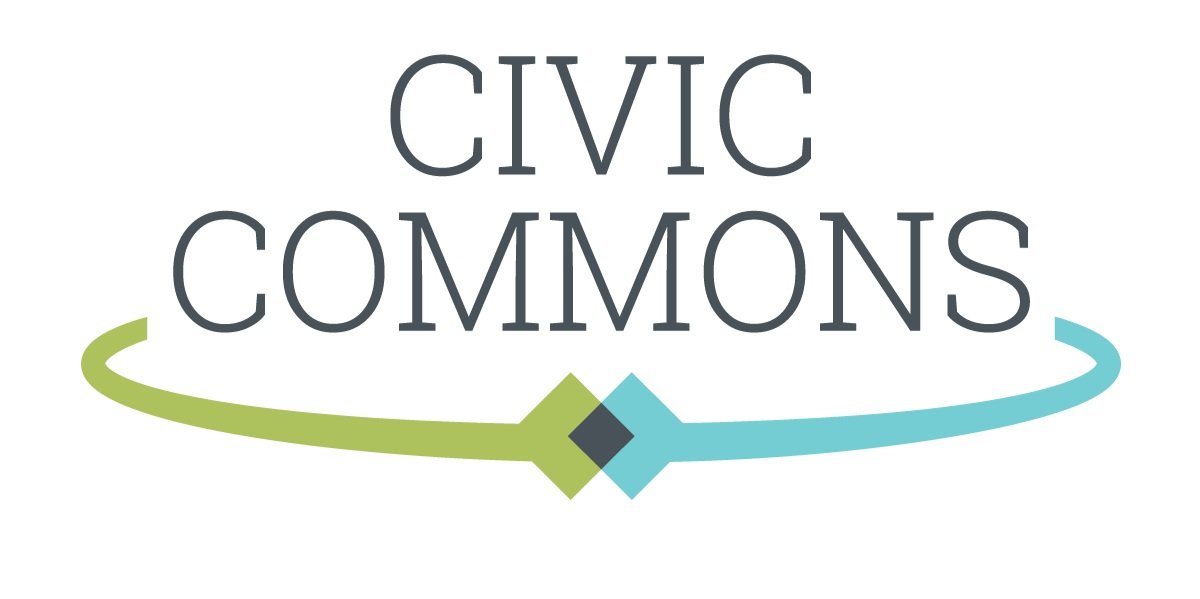How can others get involved in black home initiative?
There are many ways to get engaged and to help raise awareness and action. To keep up to date on what’s happening with the initiative, sign up for the Civic Commons email list and follow Civic Commons on Facebook, Instagram, LinkedIn and Twitter.
Eager to spread the word about Black Home Initiative? Consider hosting a virtual or in-person house party with your friends or a lunch-and-learn session at work. A member from the Black Home Initiative core team will give a brief presentation and facilitate a Q&A that allows everyone to ask what they need to in order to come to a deeper understanding of how we got here and what it’s going to take to change the status quo. To explore this idea, contact Marty Kooistra, project manager: m.kooistra@civic-commons.org
We’re also accepting donations to help us expand the scope of this important initiative and deepen its impact.
Where can I learn more about the systemic issues behind Black Home Initiative?
Individuals, companies, organizations, educators and students, faith groups, book clubs, and more can read about and discuss the historical basis for the persistent gap between the homeownership rates of Black and white households and its roots in systemic racism.
The following books and websites describe the intentional ways that housing laws have been used as key tools for segregation, preventing many Black households from owning a home and benefiting from the wealth creation opportunities this asset can provide.
Segregated Seattle: Online resource from the UW Seattle Civic Rights & Labor History Project presenting the lasting impact of our region’s redlining, redlining maps, and restrictive covenants.
Closed Doors: The Crisis of Supply of Affordable Homeownership in Washington State
Online data and downloadable report from Homestead Community Land Trust documenting our state’s affordable homeownership crisis and its disproportionate impact on lower-income households, including those historically excluded from homeownership by discrimination.Race for Profit: How Banks and the Real Estate Industry Undermined Black Homeownership by Keeanga-Yamahtta Taylor (The University of North Carolina Press, 2019). This book has received numerous awards and honors, including finalist for the 2020 Pulitzer Prize in History and the 2019 National Book Award.
The Color of Law: A Forgotten History of How Our Government Segregated America by Richard Rothstein (Liveright/W.W.Norton, 2017). Learn more about the book, which won the 2018 Hillman Prize for Book Journalism. Listen to or read a transcript of NPR’s interview with the author here.
How We Built the Ghettos by Jamelle Bouie, published in The Daily Beast. Read what this noted policy and public opinion journalist describes as “a brief introduction to America’s long history of racist housing policy.”
What does ‘home’ mean?: We Belong Here podcast. Listen as Black Home Initiative core team members engage in a conversation about their personal journeys toward homeownership and the barriers that exist for Black homeowners today.
Adam Ruins Everything, Season 1, Episode 43: The Disturbing History of the Suburbs. This six-minute podcast episode, featuring Pulitzer Prize-winning journalist and 1619 Project creator Nicole Hannah-Jones, offers a clear overview of the racist history of government-enacted redlining. It also details the profound, far-reaching, and persistent damage it inflicts on BIPOC households and communities, including: barriers to home loans and fair interest rates, devaluation of properties, and reduced ability to build wealth and pass it on to the next generation.
What can I do to encourage others to take action?
Advocacy changes things! Letters, emails, phone calls, and public testimony to elected officials can change legislation and policies that perpetuate unjust and racist practices. This kind of advocacy can also increase resources and programs that create access to asset-building opportunities, including homeownership, for BIPOC communities.
But advocacy that leads to big changes also comes from smaller, more personal things: a chat over the backyard fence, a conversation across the table at a watering hole, or a thoughtful response to a post on social media or in the comments section of an online news article. You can be an advocate just by knowing what the roots of this issue are; why addressing it is so important to families, neighborhoods and communities like yours; and by seeing opportunities to help others understand, too.
Here are just a few suggestions to get you started:
Sign up to receive information about advocacy opportunities from the Housing Development Consortium of Seattle-King County and The Coalition for More Housing Choices.
Get involved with the nonprofit organizations that are actively working in King and Pierce counties as they seek to acquire land to create more housing specifically for homeownership.
Encourage households you know who may want to be to find out how they might start their ownership journey by connecting them to the Washington Homeownership Resource Center.
Support organizations like the Tacoma Urban League and the Urban League of Metropolitan Seattle as they work to support Black households who are seeking homeownership.
Ask your financial institution or mortgage lender what they’re doing to change their practices to ensure more Black households can become homeowners. Feel free to direct them to our website if they’d like to learn more or connect with one of our core team or staff members.
Support the National Association of Real Estate Brokers (NAREB) as they work to modify real estate practices.

